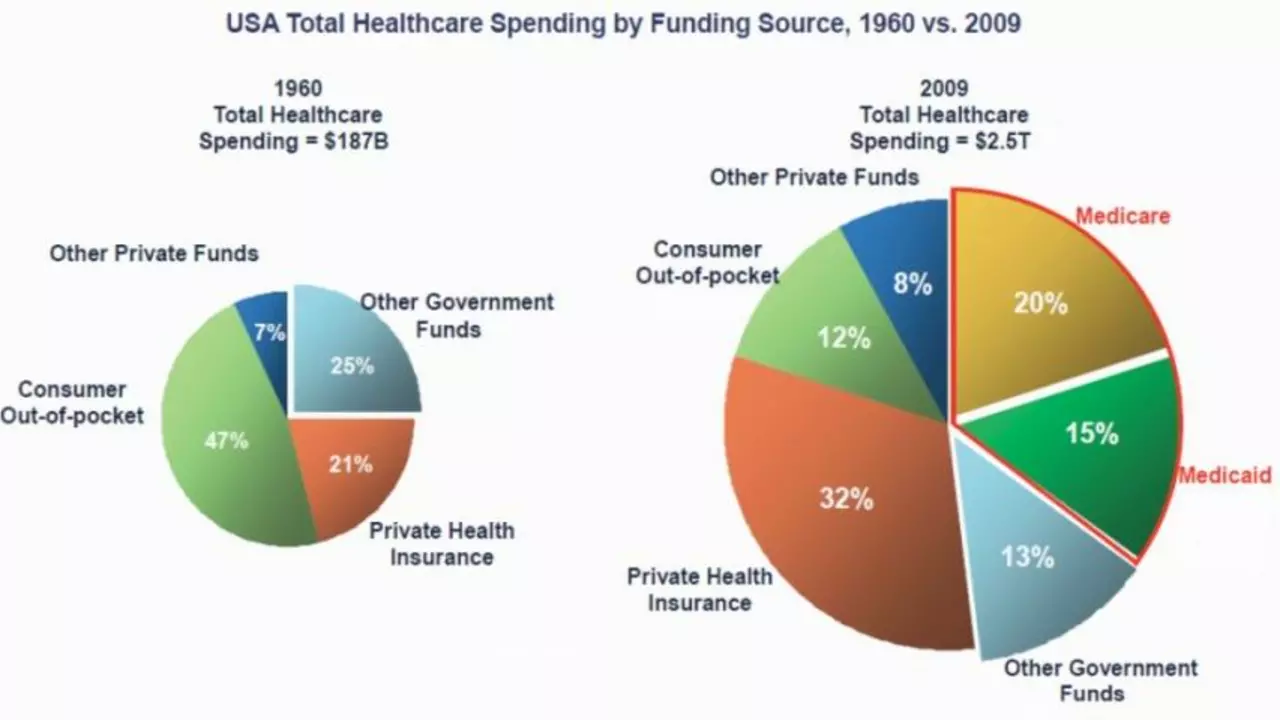An Overview of the U.S. Healthcare System
Let's start with a basic understanding of the U.S. healthcare system. It's a complex, multi-layered system comprising private and public entities. Unlike many other countries, the U.S. doesn’t have a single national plan for healthcare. Instead, it operates on a mix of public programs like Medicare and Medicaid, and private insurance provided by employers or purchased individually.
Advancements in American Healthcare
There's no denying that the U.S. has made significant strides in healthcare. From pioneering medical research to technological advancements, America has been at the forefront. We have some of the best doctors and medical institutions in the world. Treatment for complex diseases and conditions is often more advanced here, leading people from all over the world to seek medical care in the States.
The Cost of Healthcare in the U.S.
Despite these advancements, the cost of healthcare in the U.S. is a major concern. Americans spend more on healthcare per capita than any other country in the developed world. High premiums, deductibles, and out-of-pocket costs often lead people to avoid necessary medical care. This is a serious problem that needs to be addressed.
The Quality of American Healthcare
When it comes to quality, the U.S. healthcare system is a mixed bag. On one hand, we have cutting-edge medical technology and some of the best hospitals in the world. However, when it comes to overall health outcomes, we often lag behind other developed countries. This discrepancy between cost and quality is a significant issue.
The Role of Insurance in U.S. Healthcare
Insurance plays a crucial role in the U.S. healthcare system. Most Americans get their health insurance through their employers, but there's also government-provided healthcare for certain populations. The Affordable Care Act, also known as Obamacare, aimed to expand coverage to more people. However, the system remains complicated, and many Americans still lack adequate coverage.
Accessibility of Healthcare in the U.S.
Access to healthcare is another major issue in the U.S. Not everyone has equal access to health services, and disparities exist based on factors like income, race, and geographical location. There's a need for a more equitable healthcare system that ensures everyone, regardless of their circumstances, has access to the care they need.
Impact of Politics on U.S. Healthcare
Politics plays a significant role in American healthcare. Policies and laws significantly influence how healthcare is administered, who has access to it, and how much it costs. It's important to understand how political decisions affect healthcare and to participate in the political process to advocate for better healthcare policies.
The Future of U.S. Healthcare
Looking ahead, there are many opportunities for improving the U.S. healthcare system. From advancing medical technology to implementing policy changes, there's potential to create a system that is more efficient, affordable, and accessible. However, these changes require collective effort and political will.
Personal Experience with U.S. Healthcare
As a U.S. citizen, my personal experiences with healthcare have been varied. I’ve seen the best of what the system has to offer, but I've also faced the frustrations that many Americans experience. The complexity and cost of healthcare can be overwhelming, and it's clear that improvements are needed.
Your Thoughts on U.S. Healthcare
Now that we've covered the various aspects of U.S. healthcare, I'd love to hear your thoughts. Do you believe the system is working well? What changes would you like to see? Sharing our experiences and perspectives can help us understand the issues better and advocate for change. Let's continue the conversation.
